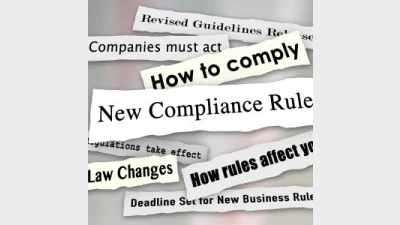Accountants at risk of Corporations Act breach



With less than a year left until the Accountants Exemption expires accountants need to know what financial product advice is to understand how not to provide it, a lawyer believes.
Until 30 June 2016 accountants are still able to provide advice on establishing a self-managed super fund (SMSF) without the need for an Australian financial services licence (AFSL).
The Fold Legal's senior lawyer, Jaime Lumsden Kelly, said if accountants are not able to recognise and avoid dangerous client questions that tempt advice answers they could be at risk of a Corporations Act breach when they are no longer exempt.
"Accountants shouldn't be fooled into thinking they can establish SMSFs on an ‘execution-only' basis, without advising clients about suitability of an SMSF," she said.
"While SMSF establishment is exempt, ASIC [Australian Securities and Investments Commission] is likely to scrutinise this activity closely to find accountants who are still recommending SMSFs ‘off the books' or ‘by implication'."
Kelly said a solid referral relationship with an AFS licensee who can provide this advice will go a long way to demonstrate compliance.
She noted that unlicensed or unauthorised accountants are also not able to tell clients requesting SMSFs that it is a bad idea for their situation, as it constitutes as advice.
Recommended for you
A Victorian accounting firm – in which Count holds a 40 per cent equity stake – has announced the acquisition of an accounting client book through a $1.4 million transaction.
Australian Ethical has reported its net profit after tax (NPAT) fell 15% to $9.6 million for the year ended 30 June, while its underlying profit after tax (UPAT) declined 7% compared with the year prior, to $10.3 million.
Insignia Financial has announced a 59% increase in its underlying net profit after tax (UNPAT) to $234.5 million in FY22.
Having completed their educational qualifications, those advisers who remain in the industry are reporting being “run off their feet” with new clients.










